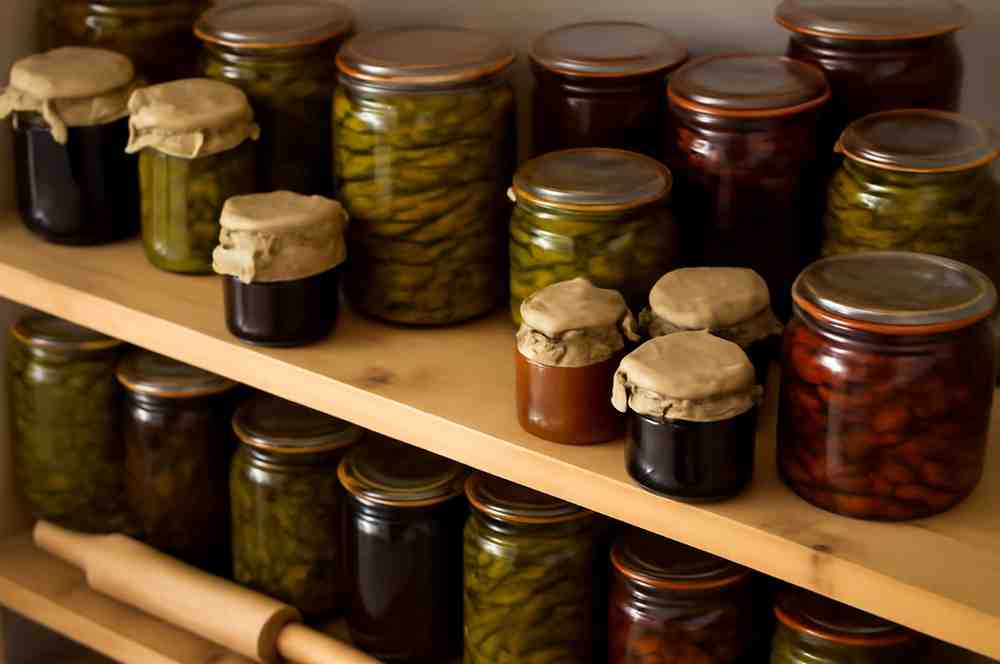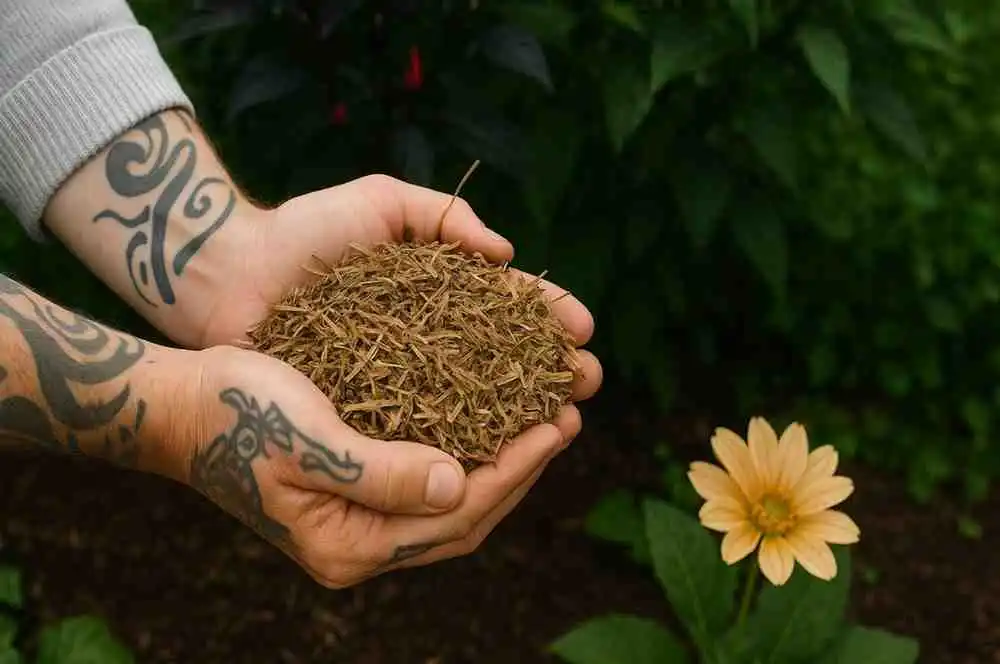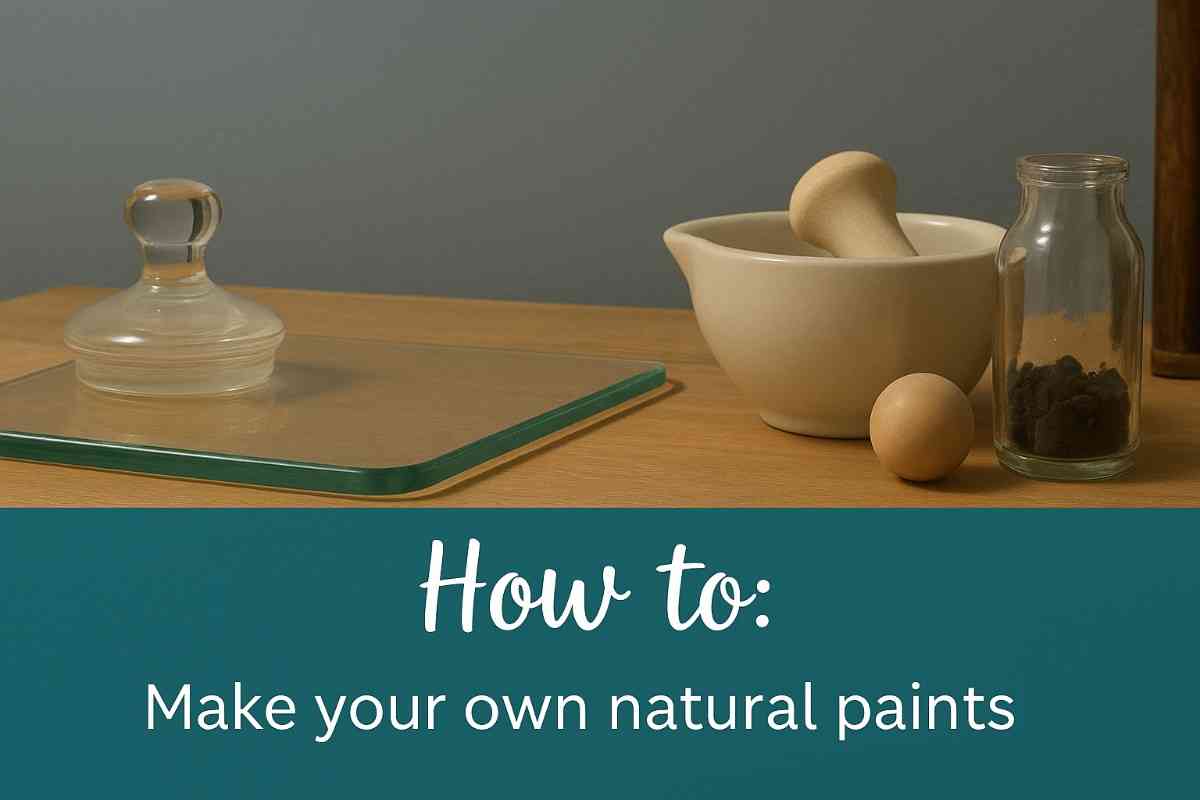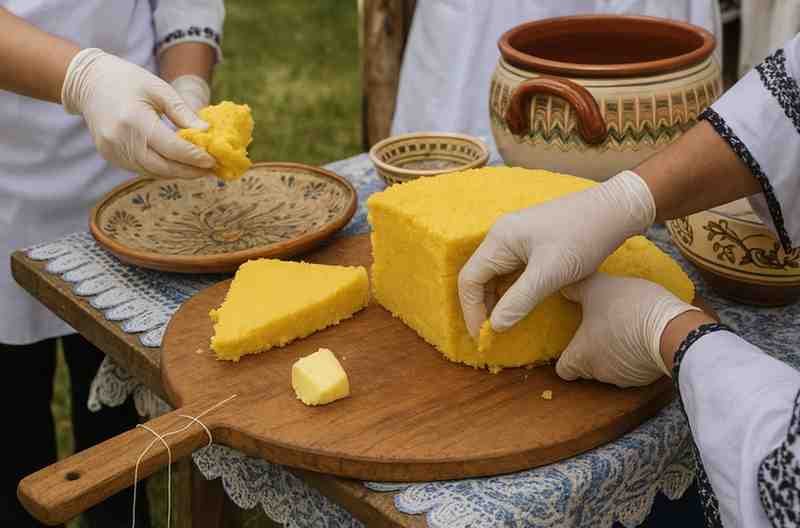Homemade Pickle Without Vinegar: A Natural Tradition in Indian Cuisine
In my kitchen, homemade pickle without vinegar has always been more than just a side—they are a beloved part of Indian cuisine that can instantly elevate any meal. The mix of tangy and spicy flavors adds a spark that feels just right, especially when paired with warm flatbreads or rice. What makes a homemade pickle so special is not only the taste but the story behind it. I grew up watching elders rely on traditional methods where no vinegar was poured in; instead, the slow magic of natural fermentation was used to preserve fresh ingredients and create a jar full of life and health. The process may seem complex, but the reward is always delicious.
Homemade Pickle Without Vinegar: Exploring Achar Variations
When I first started looking for ways to make a homemade pickle without vinegar, I discovered how exciting it is to prepare different types of achar. From the tang of mango to the earthy taste of amla, each jar has its own personality. By skipping artificial shortcuts and using time-tested fermentation techniques, I realized how food transforms naturally while holding on to its authentic roots. These methods don’t just preserve vegetables—they lead to something much more flavorful and meaningful.
Over time, I noticed that every spoonful of homemade pickle without vinegar felt healthier and carried a probiotic boost that my body welcomed. A condiment made this way is not only rich in taste but also in benefits that modern shortcuts often miss. Preparing jars of homemade achar taught me that patience and tradition go hand in hand, creating a balance of flavor and wellness that no store-bought version can match.
Homemade Pickle Without Vinegar: Why Skipping Vinegar Works Best
From my own experience, making a homemade pickle without vinegar is often a good choice rather than just a trend. I’ve noticed that when I follow this idea, the taste feels closer to what my grandparents used to prepare. Their jars were full of naturally fermented flavors, created slowly without shortcuts, and they always carried more depth than the quick methods I tried with vinegar.
This simple shift also changes how the homemade pickle without vinegar supports health. By skipping vinegar, the vegetables develop probiotics naturally, which makes every bite beneficial for the gut. The idea may sound old-fashioned, but in practice it is a good reminder that patience in food preparation brings richer results than rushing with vinegar.
The Taste of True Authenticity: Homemade Pickle Without Vinegar
From my experience, a homemade pickle without vinegar always offers something unique that vinegar-based pickles cannot. The slow process builds deeper layers of taste, letting the spices mingle with the fruit or vegetable in a way that feels alive. Every jar I’ve made at home carried an authentic character that reminded me of old family kitchens, where patience and tradition shaped the food.
The result of a homemade pickle without vinegar is always more satisfying because the flavor doesn’t feel forced or artificial. Instead, it grows gradually, creating complexity with every bite. To me, this method is not only about preserving food—it’s about preserving memories and values that modern shortcuts often miss.
Crafting the Perfect Fermented Pickle: Homemade Pickle Without Vinegar
The magic of a truly homemade pickle without vinegar lies in the right combination of salt, spices, oil, and time. From my experience, this blend encourages bacterial growth that leads to naturally fermented jars full of flavor. Watching the vegetables slowly transform is fascinating—the bacteria work quietly, turning simple ingredients into something complex, flavorful, and alive. I’ve found that patience is the secret ingredient; the longer you allow the process, the deeper the taste becomes.
What makes a homemade pickle without vinegar so satisfying is how it creates a rich, vibrant pickle without any artificial shortcuts. The careful layering and waiting period give each bite a balanced tang and texture, while also promoting good bacteria that contribute to gut health. Every time I taste a jar, it’s a reminder that slow, mindful preparation not only enhances taste but also nurtures well-being naturally.
Boosting Digestion Naturally: Homemade Pickle Without Vinegar
Making a homemade pickle without vinegar at home does more than just add flavor to meals—it improves digestion in a way that feels both gentle and effective. The probiotics present in these homemade creations help maintain a healthy gut, supporting the body’s natural digestive processes. From my experience, even a small serving after lunch or dinner makes a noticeable difference, keeping the stomach comfortable and energized.
What makes a homemade pickle without vinegar special is how it combines tradition and wellness. The fermented ingredients work quietly in the background, nourishing the digestive system and allowing the gut to function smoothly. By choosing to prepare pickles without vinegar, you let the natural probiotics thrive, helping to maintain long-term healthy digestion and making every bite both tasty and beneficial.
Strengthening Immunity with Homemade Pickles: Homemade Pickle Without Vinegar
One of the remarkable benefits of a homemade pickle without vinegar is how it boosts the body’s immunity. A healthier gut contributes to a stronger immune system, and I’ve noticed over time that regularly including these pickles in meals makes the body feel more resilient. From my own kitchen experiments, even a small daily portion seems to help ward off common digestive discomforts while keeping overall energy levels steady.
The beauty of a homemade pickle without vinegar process is how naturally it works. By nurturing a healthier gut, the system becomes more robust, allowing it to respond efficiently to everyday challenges. Every jar of homemade pickle isn’t just a contributor to taste—it actively boosts well-being, showing that simple, traditional methods can enhance both flavor and immune strength.
Improving Nutrient Absorption Naturally: Homemade Pickle Without Vinegar
One of the remarkable advantages of fermentation is how it enhances nutrient absorption in the body. From my experience making a homemade pickle without vinegar, the slow natural process can increase the bioavailability of essential vitamins, allowing the body to get more value from simple ingredients. I’ve noticed that meals paired with these pickles feel more satisfying and nourishing, proving that traditional methods do more than just add flavor.
The beauty of a homemade pickle without vinegar approach is how it works quietly yet effectively. The fermentation process transforms ordinary vegetables into nutrient-rich bites that help the body use vitamins better. It’s a gentle reminder that the right preparation methods make food more than just sustenance—they make it functional, wholesome, and naturally beneficial.
Pure and Natural Pickling: Homemade Pickle Without Vinegar
One of the most important benefits of a homemade pickle without vinegar is that it uses natural fermentation and relies solely on whole ingredients. There are no synthetic preservatives added, making every jar of homemade pickle pure and safe. From my experience, this simple approach not only preserves flavor but also gives peace of mind, knowing that nothing artificial interferes with the natural process.
This homemade pickle without vinegar method only uses ingredients you can see and understand, allowing the fermentation to work quietly and effectively. Choosing natural preparations ensures that the final pickle maintains authenticity, nutrients, and genuine taste, creating a wholesome experience for anyone who enjoys it.
Extended Shelf Life Naturally: Homemade Pickle Without Vinegar
One of the practical benefits of making a homemade pickle without vinegar is their long shelf life. When properly stored, these homemade pickles can last for several months, allowing you to enjoy traditional flavors well beyond the day of preparation. From my experience, keeping jars in a cool, dark place helps maintain taste and texture, making each bite as fresh as the first.
This durability comes from the natural preservation created by the homemade pickle without vinegar fermentation process. Unlike commercial versions with artificial stabilizers, natural pickles maintain their quality over time, proving that patience and proper storage create food that is both flavorful and lasting.
Why People Choose Homemade Achar: Homemade Pickle Without Vinegar
One of the reasons many people prefer a homemade pickle without vinegar is the combination of benefits it provides. Jars that are carefully crafted and made with attention to detail often surpass online best pickle options, as they skip vinegar altogether and preserve authentic flavors. From my own experience, tasting a jar of thoughtfully prepared achar feels richer and more satisfying than anything store-bought.
The value lies not only in taste but also in trust and health. These are the reasons why food lovers gravitate toward a homemade pickle without vinegar and traditional recipes that respect ingredients and technique. Every bite shows that patience and care in preparation create a truly memorable homemade pickle experience.
Choosing Your Main Ingredient: Fresh Flavors for Every Pickle – Homemade Pickle Without Vinegar
When making a homemade pickle without vinegar, the main ingredient sets the tone for taste, texture, and aroma. I’ve found that using fresh raw mango, amla, lemon, or carrots brings a vibrant, tangy kick that transforms any mixed veggie pickle into a flavor-packed delight. Depending on your preference, you can adapt these ingredients to create your favorite type of achar—whether it’s a classic homemade mango achar, a tangy homemade amla achar, or a colorful medley of mixed vegetables.
The trick is to adapt the sizes and cuts to ensure even fermentation. Bite-sized pieces work best, letting the natural flavors develop while keeping a crunchy texture. Over the years, I’ve experimented with different types of produce and realized that combining mixed vegetables with a single fruit like raw mango or amla can elevate the taste of your homemade pickle without vinegar. With the right ingredients and careful preparation, you can turn simple homemade vegetables into a tangy, aromatic, and perfectly balanced achar that’s as satisfying to make as it is to eat.
Balancing Flavors with Salt: Homemade Pickle Without Vinegar
Once you’ve chosen your main ingredient like raw mango or amla, the next step is to add the right amount of salt. I prefer using rock salt or sea salt because they enhance the natural flavors without overpowering them. In my experience, tossing your cut ingredients in a large bowl and sprinkling the salt evenly ensures every piece gets coated, allowing the flavors to penetrate during fermentation. The bowl also gives you space to gently mix the pieces without bruising the fruit or vegetables, which is essential when making a homemade pickle without vinegar.
The key is to mix thoroughly but carefully, ensuring that each piece is fully in contact with the salt. This simple step might seem basic, but it’s crucial for creating a balanced achar that’s crunchy, tangy, and perfectly seasoned. Using the right combination of rock salt or sea salt with your cut ingredients in a large bowl can make a significant difference in texture and taste, turning your homemade pickle without vinegar into a rich and flavorful experience every time.
Infusing Your Pickle with Aromatic Spices: Homemade Pickle Without Vinegar
After preparing your main ingredient and coating it with salt, it’s time to bring in the spices that give your achar its signature flavor. I always reach for turmeric, red chili powder, fenugreek, mustard seeds, and fennel seeds because they balance sour and spicy notes while adding depth to the taste. Gently mix the cut ingredients with the spices, making sure every piece is well-coated. Not only does this step make the homemade pickle without vinegar more flavorful, but it also supports extra gut health and can help prevent bloating during fermentation.
As the homemade pickle without vinegar begins developing, you’ll notice the aroma becoming richer and the flavors blending beautifully. The combination of spices with your main ingredient creates a tangy, sour, and spicy profile that evolves daily. From my personal experience, taking the time to mix carefully ensures that the taste is consistent in every bite, giving your homemade pickle a professional, balanced flavor that’s irresistibly good.
Adding the Right Oil: Mustard or Sesame for Depth – Homemade Pickle Without Vinegar
Once your main ingredient is coated with salt and spices, the next step is to bring in the oil, which plays a crucial role in texture and preservation. I personally prefer mustard oil for its pungent aroma, though sesame oil works beautifully in South Indian styles. First, heat the oil to its smoking point to release its flavors, then let it cool slightly. Slowly pour the cooled oil over the mixture, ensuring it evenly covers all the ingredients. This step not only enhances taste but also protects your homemade pickle without vinegar during fermentation.
It’s important to adjust the oil level so that the pickle is fully submerged, allowing for a smooth and consistent fermentation process. From my experience, a well-oiled mixture encourages the fermentation complete stage to be richer, tangier, and perfectly preserved. Properly incorporating mustard oil or sesame oil transforms your homemade pickle without vinegar into a traditional, flavorful treat that lasts longer while keeping the vibrant aroma intact.
Mastering Natural Fermentation Step by Step: Homemade Pickle Without Vinegar
Once your main ingredient is seasoned with salt, spices, asafoetida, and oil, it’s time to embrace natural fermentation. The process begins with a careful step-by-step approach: clean and prep your ingredients, wash thoroughly, and pat dry to remove excess moisture that could cause spoilage. Cut the produce into bite-sized pieces and let them air dry for a short while before placing them in a sterilized glass jar. Cover the jar with a muslin cloth or a loose lid to allow proper airflow, and store it in a warm, dry spot for 7–10 days, stirring gently with a dry spoon every day to ensure even fermentation of your homemade pickle without vinegar.
Throughout this process, it’s important to handle everything with dry, clean hands and use tools or utensils that avoid introducing contaminants. Avoid refrigerate at this stage, as the bacteria need warmth to do their job properly. Using glass jars or ceramic jars prevents reactions with acidic ingredients, while avoiding plastic or metal ensures the pickle stays pure. Many artisanal brands now offer online versions of pickles prepared this way without chemicals, but making a homemade pickle without vinegar allows you to control flavor, freshness, and safety, producing a fully fermented, sealed, and cool, dark place–ready pickle that’s naturally delicious.
Delicious Pickles to Try: Homemade Pickle Without Vinegar
After mastering the fermentation process, you can explore a variety of homemade pickles without vinegar that are both healthy and full of flavor. A classic homemade mango pickle offers a tangy and spicy kick, perfect to enjoy with parathas or rice, while homemade amla pickle acts as a natural immunity booster packed with Vitamin C. For those who love a zesty twist, lemon pickle brings a perfect balance of sour and spice, brightening up any meal. I often experiment with a mixed vegetable pickle, which is colorful, crunchy, and especially delightful during winter when fresh produce is limited.
For spice enthusiasts, a garlic pickle or green chili pickle makes a bold spicy sidekick to your meals, adding depth and warmth to everyday dishes. Each type offers a unique flavor profile, and making them homemade pickles without vinegar ensures freshness and control over ingredients, creating a personalized taste experience. From my experience, combining traditional techniques with these variations allows the homemade pickles to retain their tanginess, aroma, and nutritional benefits while keeping every bite satisfying and vibrant.












Leave a Reply